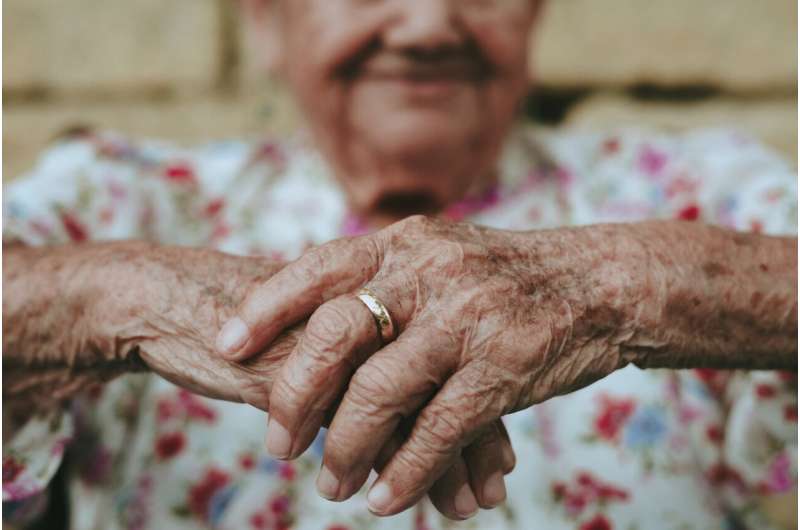
Findings to celebrate
- In 2007, 44.8% of participants aged 40–49 years were living in residential and campus-based care. In 2023, for a similar group of 40- to 49-year-olds, that figure has reduced to 7.7%.
- Many older adults with intellectual disabilities in Ireland live full social lives, with rich interpersonal relationships, and they are engaged in their communities. For example, 93.8% had friends and 76.6% had weekly contact with non-resident friends, and on average participants did over five different activities in the community each month.
- There were impressive increases in use of calcium and Vitamin D supplements in the overall population.
- We have seen a positive improvement in family contact and friendships for most participants and physical activity levels have improved, with those with moderate intensity activity reporting the best quality of life scores and being least likely to experience loneliness. Those least likely to experience feelings of loneliness were those doing moderate activity levels (34.1%), based on IPAQ (International Physical Activity Questionnaire) scores.
- The positive upsurge in the use of technology among older adults with ID during the COVID 19 pandemic has continued with 89.6% reporting access to the internet in Wave 5.
Findings of concern
- The overall physical and mental health of women is much poorer than men with an intellectual disability, with concerning increases in musculoskeletal (9.7%), endocrine (5.7%), gastrointestinal (5.1%) conditions since Wave 2.
- Women reported higher levels of loneliness than men, with 45.2% of women reporting loneliness compared with 33.7% of men. Similarly, 10.6% of women reported depressive symptoms compared with 4.3% of men.
- 6% of women had gone through the menopause, with very little support or discussion with trusted others, or a health professional. Only 37.9% reported that they had discussed the menopause with someone else.
- Dementia remained a significant concern, particularly for people with Down syndrome with 22.7% reporting the condition and an average age of onset of 53 years.
Findings on family care-givers
Source: Read Full Article
